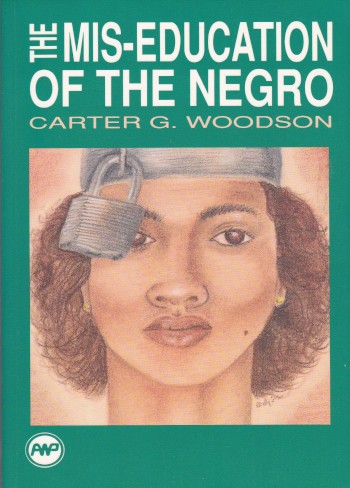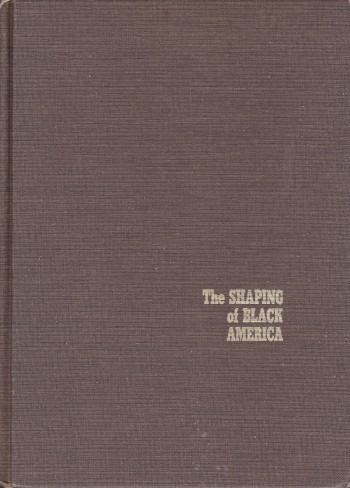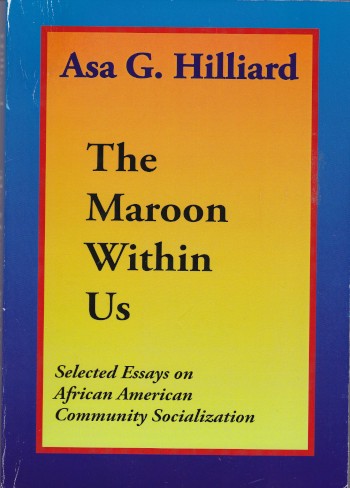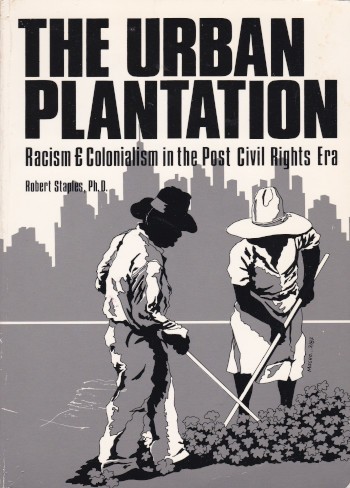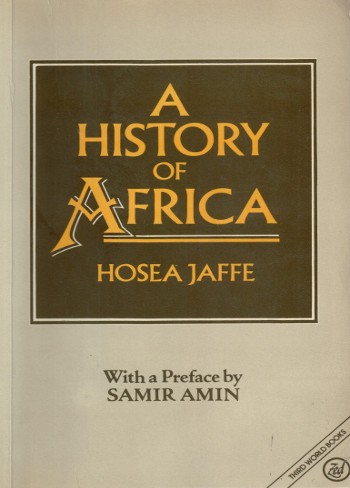
This is a work of profound synthesis which takes into its compass 2,000 years and more of African history. The author provides a new theoretical perspective within which to understand the basic movement of African social forces by describing and analyzing the underlying economic currents of the Continent’s complex and diverse past. He rejects the Eurocentric Marxist notions of universal and inevitable stages of history which is imposed on Africans, in particular the slavery-feudalism-capitalism sequence. Instead, he argues the essential “moments” in the Continent’s history have been rooted in conflicts between competing modes of production within Africa itself and internationally as a result of imposed European values into the Continent’s history over the past 500 years. He further advances the argument that struggles between indigenous classes have always been absent or of secondary importance, as evidenced from a range of African societies and historical periods.
Jaffe’s book helps make sense of the whole span of African history, and must influence future thinking within historiography. It also has clear implications for the directions political struggle in the Continent ought to take in the present era.




